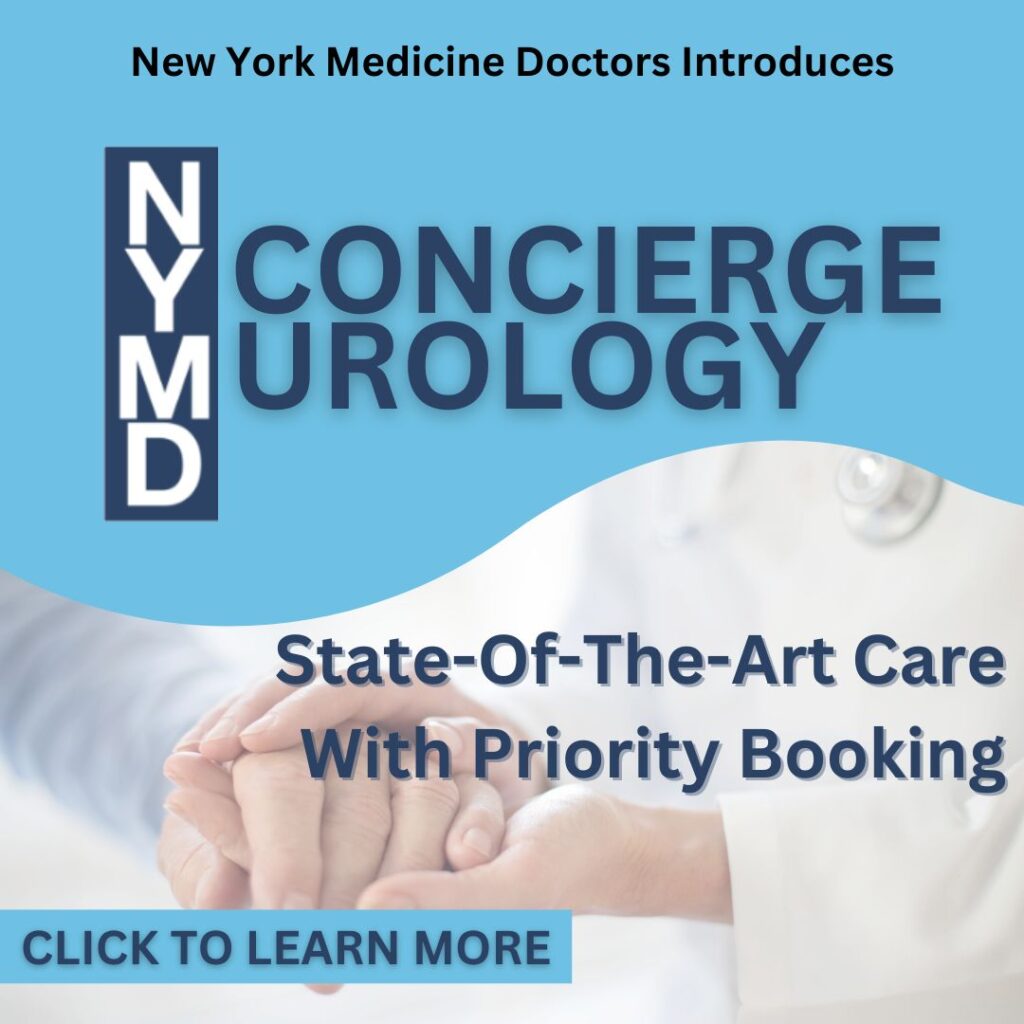
10 May How Prostate Artery Embolization Can Help Reduce Nighttime Urination
Prostate artery embolization (PAE) is a non-surgical procedure that has gained popularity in recent years as an effective treatment for benign prostatic hyperplasia (BPH), a common condition in men over 50 that causes frequent nighttime urination, difficulty starting and stopping urination, and incomplete emptying of the bladder.
During the procedure, a tiny catheter is inserted through a small incision in the groin and guided to the arteries that supply blood to the prostate gland. Small particles are then injected through the catheter to block the blood flow to the prostate, causing it to shrink and alleviate the symptoms of BPH.
One of the most common symptoms of BPH is nocturia, which is the need to urinate frequently at night. This can severely disrupt a person’s sleep and quality of life, leading to fatigue, irritability, and other health problems. By reducing the size of the prostate, PAE has been shown to significantly decrease the frequency of nighttime urination, allowing patients to get a better night’s sleep and feel more rested and alert during the day.
PAE is a minimally invasive procedure that can be performed on an outpatient basis, meaning patients can typically go home the same day and experience minimal discomfort and recovery time. It is also a safe and effective alternative to traditional surgical treatments for BPH, such as transurethral resection of the prostate (TURP), which can have significant side effects and require a longer hospital stay.
Overall, PAE is a promising option for men suffering from BPH and the associated symptoms of frequent nighttime urination. By shrinking the prostate and improving urinary function, it can help improve quality of life and allow patients to enjoy better sleep and overall health. At New York Medicine Doctors, we utilize the latest technology that can safely and effectively reduce the symptoms of frequent urination at night. To learn more, contact us at (212) 991-9991 to schedule your first consultation.





Sorry, the comment form is closed at this time.